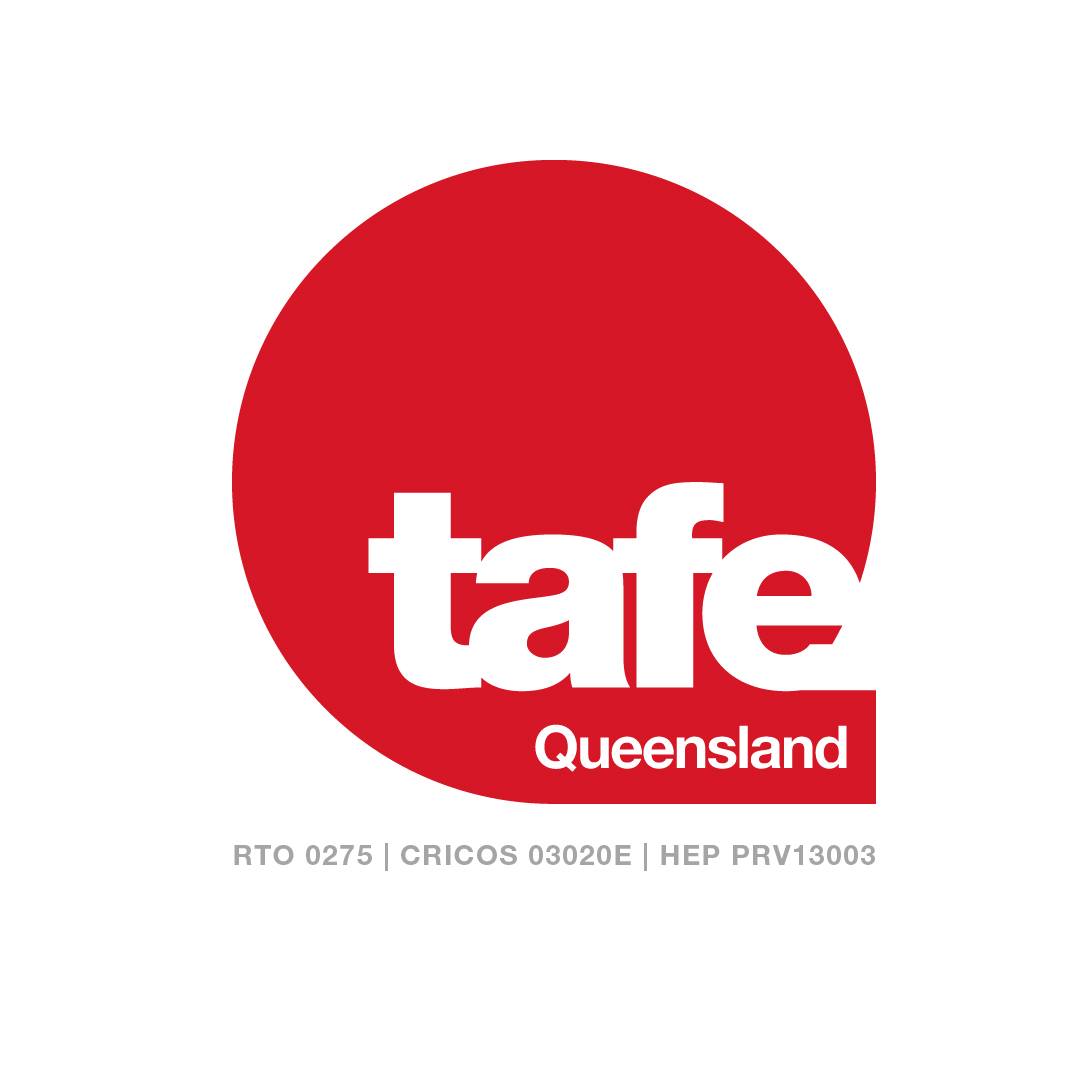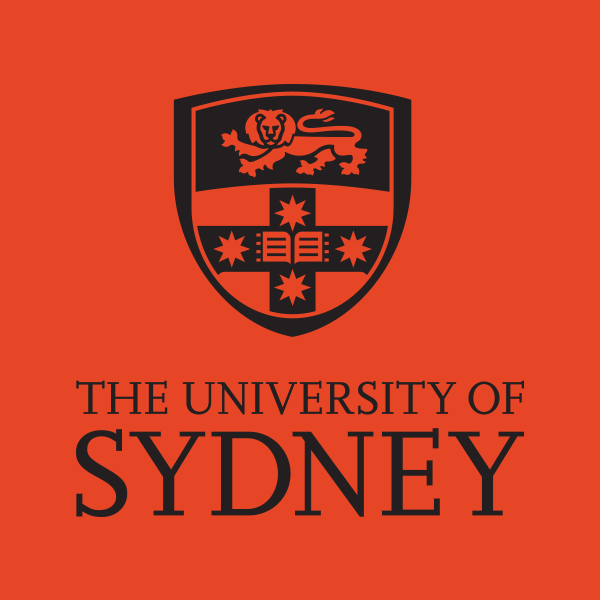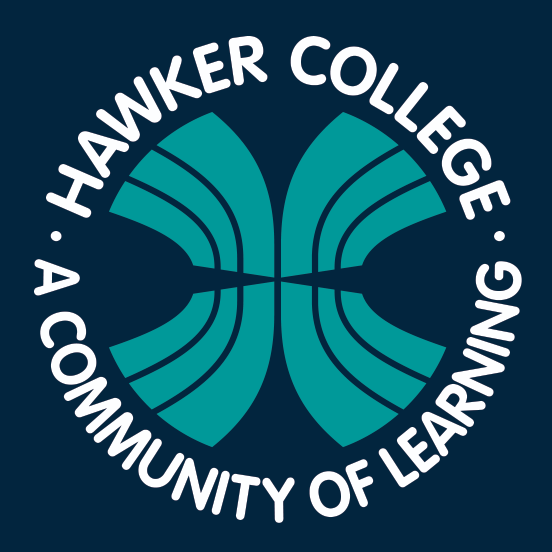South Korea has a high-tech globalised economy and is celebrated for its iconic pop culture. At UNSW, we offer you an insight into the language and people in this dynamic country. South Korea and Australia have had close ties since the 1950s, and as the South Korean economy grows.

South Korea has a high-tech globalised economy and is celebrated for its iconic pop culture. At UNSW, we offer you an insight into the language and people in this dynamic country.
South Korea and Australia have had close ties since the 1950s, and as the South Korean economy grows, your Korean language competency and cultural knowledge will open up a world of opportunities.
UNSW offers one of the most active Korean studies programs in the region, providing a balance of Korean language skills and knowledge with cultural study through various courses.
Including language courses for all levels, courses on Korean culture, Korea’s relationship with Japan and its place in East Asia. Korean classes are structured to maximise individual attention and allow you ample opportunity for regular interaction in Korean.
You'll also have opportunities to study as an exchange student at one of South Korea’s leading universities such as Seoul National, Korea and Yonsei.
The Korean Studies major specialisation at UNSW covers the study of the Korean language and the study of the social, cultural and historical aspects associated with the language.
It provides you with the opportunity to develop as a competent user of the Korean language. You will gain intercultural awareness and understanding, develop explicit knowledge of language, and gain knowledge of the social, cultural and historical background of Korean-speaking people.
The Korean language plays a key role in expressing the cultures and identities of the places in which it is spoken.
Learning Korean will provide you with a privileged form of access to the cultural resources and complex patterns of life in Korea and other countries.
Developing competence in Korean will have an important place in promoting relationships and mutual understanding between countries and peoples.
There are two main components of Korean Studies. The first is a focus on the acquisition of competence in the Korean language.
Acquiring target language competence involves a wide range of knowledge and understanding of sociocultural conventions as well as skills in self-expression, both oral and written, and skills in comprehending other's expression, both oral and written.
The second component is the study of aspects of the cultures and societies associated with the Korean language. We draw upon other disciplines in order to inform understanding of Korean culture. These disciplines include linguistic, literary, cultural, historical and social studies.
UNSW Sydney welcomed the opportunity to make a submission in response to the discussion paper released by the Australian Universities Accord Panel, furthering our involvement in ensuring that the Australian higher education sector is well prepared for the future.
The UNSW submission emphasised that the purpose of Australia’s public universities, including UNSW, is to support the prosperity, sustainability, security, and social and economic wellbeing of Australian society.
UNSW Sydney welcomed the opportunity to make a submission in response to the discussion paper released by the Australian Universities Accord Panel, furthering our involvement in ensuring that the Australian higher education sector is well prepared for the future.
The UNSW submission emphasized that the purpose of Australia’s public universities, including UNSW, is to support the prosperity, sustainability, security, and social and economic well-being of Australian society.
The Submission Made 25 Recommendations Spanning

Immerse yourself in Korean culture in this short course. Develop Korean language communication skills.

This course is designed to provide students, with no prior knowledge of Korean, a broad and practical understanding of the Korean language, essential for basic communication and to establish a strong base for further study of Korean.

Korean courses are a great opportunity to learn a language spoken by over 78 million people worldwide and explore the rich culture and history of Korea. As one of the strongest economies in Asia and the most innovative country in the world, learning Korean is a valuable asset for personal.

Students will be guided to speak fluent and accurate Korean in different everyday situations. The student will “Speak” most of the time through writing, listening & reading.

Korean is spoken as a first language by more than 80 million people, according to Ethnologue. It is one of the four key Asian languages for Australian languages education. As a language using the phonetic Hangual system, the Korean alphabet makes Korean easier to learn.
© 2025 coursetakers.com All Rights Reserved. Terms and Conditions of use | Privacy Policy